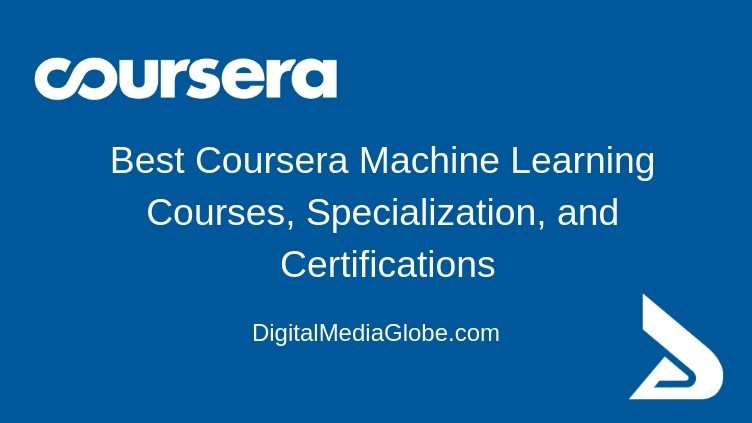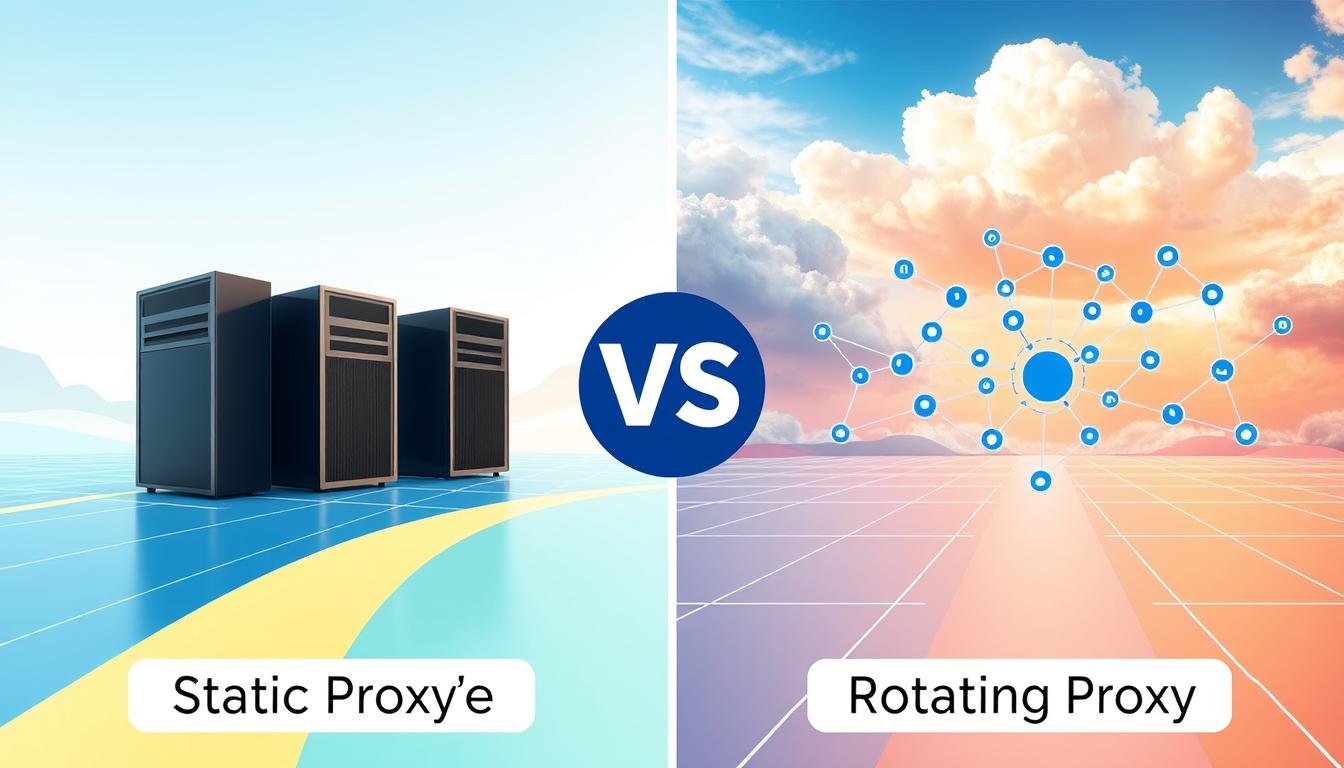FTC disclaimer: This post contains affiliate links and I will be compensated if you make a purchase after clicking on my link.
With 30 million plus registered users, Coursera has become an established MOOC platform to learn topics of various genres.
Coursera is popular for their series of specialization courses that helps you master a particular skill.
Every specialization course comes with a hands-on project and course completion certificate.
Also, Coursera machine learning specialization are some of the best that you could study online.
Is Coursera Machine Learning Free?
Sadly, no.
You need to pay a fee in order to get course certification (ranging from $29 to $95) for the courses you wish to study.
If you enrol to courses that are part of a specialization, you have to opt for recurring monthly subscription fee.
You can however try to complete any Coursera machine learning course within the trial period.

Some Coursera courses facilitate onetime payment fee that lasts for 180 days.
All these courses are curated and taught by professors from world’s best universities.
Below is our curated list of best Coursera machine learning courses in terms of ratings, reviews, content quality, delivery and assignments.
Best Coursera Machine Learning Courses – Our Picks
Machine Learning – Stanford
This is hands down the most popular machine learning course at Coursera.
The Stanford Coursera machine learning course teaches you the most effective ML techniques, their implementation and how to apply them when facing new problems.
The course is available with subtitles in English, Chinese, Hebrew, Spanish, Hindi and Japanese.
Course Ratings: 4.9+ from 90,818+ students
Key Learning’s from the Course:
- Introduction to Machine learning and data mining concepts
- Linear Regression Application
- Basic understanding of linear algebra
- Linear Regression with multiple variables
- Implementing ML algorithms with Octave/Matlab programming
- Data classification using logistic regression
- Machine learning models such as regularisation
- How to use neural networks in daily applications
- Implement neural network for digit recognition
- Machine Learning best practices
- Understand ML systems with skewed data
- What are support vector machines with respect to data classification
- Unsupervised learning
- Apply learning algorithms to build smart robots
Who is this course best suited?
For all those looking for a thorough understanding of Machine learning basics.
Skills Gained from the Course: Logistic Regression, Artificial Neural Network, Machine Learning Algorithms and Machine Learning
Course Reviews

Structuring Machine Learning Projects – Deep Learning.ai
A basic machine learning knowledge is required take this as you will be learning how to build projects in machine learning.
This is the third course of the popular Deep Learning Specialization and is available with subtitles in English, Chinese, Korean and Turkish.
Course Ratings: 4.8+ from 22,733+ students
Key Learning’s from the Course:
- Ability to diagnose errors in a machine learning system
- How to prioritize for error reduction
- Understand Complex Machine learning settings
- How to apply end to end learning, transfer learning and multi task learning
- Understand real world scenarios and how to strategize ML tools and resources
Who is this course best suited?
For all those who want a helping hand with their data science projects.
Skills Gained from the Course: Machine Learning, Deep Learning, Inductive Transfer and Multi-Task Learning
Course Reviews

Machine Learning: Regression – University of Washington
Part of the Machine Learning Specialization, you will explore linear regression models with the help of ‘predicting house prices’ case study.
The course is available with subtitles in English and Arabic.
Course Ratings: 4.8+ from 3,962+ students
Key Learning’s from the Course:
- Describe the input and output of a regression model
- Compare and contrast bias and variance when modeling data
- Estimate model parameters using optimization algorithms
- Tune parameters with cross validation
- Analyze the performance of the model
- Describe the notion of sparsity and how LASSO leads to sparse solutions
- Deploy methods to select between models
- Exploit the model to form predictions
- Build a regression model to predict prices using a housing dataset
- Implement these techniques in Python.
Who is this course best suited?
Recommended for anyone wanting to explore in depth regression concepts as a data analyst.
Skills Gained from the Course: Linear Regression, Ridge Regression, Lasso and Regression Analysis
Course Reviews

Applied Machine Learning in Python – University of Michigan
This coursera python machine learning course is part of their applied data science with Python specialization.
The course introduces you to applied machine learning methods and techniques and how it differs from descriptive statistics.
Course Ratings: 4.6+ from 2,750+ students
Key Learning’s from the Course:
- Identify the difference between classification and clustering technique
- What technique to be applied for a particular data set and need
- Engineer features to meet that need
- Write a Python code to carry out an data analysis
- How machine learning differs from descriptive statistics
Who is this course best suited?
If you are looking to get an overview into the tools of machine learning with Python.
Skills Gained from the Course: Python Programming, ML Algorithms, Machine Learning and Scikit – Learn
Course Reviews

Machine Learning: Classification – University of Washington
The course teaches you one the most widely used ML techniques called classification using two case studies.
It is part of their machine learning specialization and has subtitles in English and Arabic.
Course Ratings: 4.7+ from 2,569+ students
Key Learning’s from the Course:
- Familiar with fundamental models and algorithms used in classification
- Implement algorithms on multiple real world tasks
- Proficiency in linear classification method called logistic regression
- Implement your own algorithm for logistic regression
- Learn logistic regression classifiers using gradient ascent algorithm
- Know how to implement decision tree algorithm on loan data
- Investigate why decision tree become overly complex and how to mitigate this challenge
- How to convert a missing dataset into a clean dataset
- Define ensemble classifier and explore a boosting algorithm called AdaBoost
- Know how to use it to boost performance of your loan risk predictor on real data
- Compute Precision and Recall metrics to measure the quality of classifiers
- How to use stochastic gradient for scaling Big data
Who is this course best suited?
For aspiring data scientists who want to learn the different theoretical aspects of classification.
Skills Gained from the Course: Logistic Regression, Statistical Classification, Classification Algorithms and Decision Tree
Course Reviews

Machine Learning Foundations: A Case Study Approach – University of Washington
This is a introductory course of the machine learning specialization and shows a practical approach on applying ML methods in a wide range of domains.
Course Ratings: 4.6+ from 8,031+ students
Key Learning’s from the Course:
- How to predict house prices based on house level features
- Implement regression using an iPython notebook
- Analyse sentiment from user reviews using an actual classifier
- How to build an intelligent document retrieval system hands-on
- How to build collaborative filtering
- Know how to build an image classifier and an image retrieval system with deep learning
Who is this course best suited?
If you want a hands-on experience with machine learning from a series of practical case-studies.
Skills Gained from the Course: Python Programming, Machine Learning Concepts, Machine Learning and Deep Learning
Course Reviews

Do you recommend any other Coursera Machine Learning courses worth enrolling into? Let us know in the comments section.
Happy Learning!








